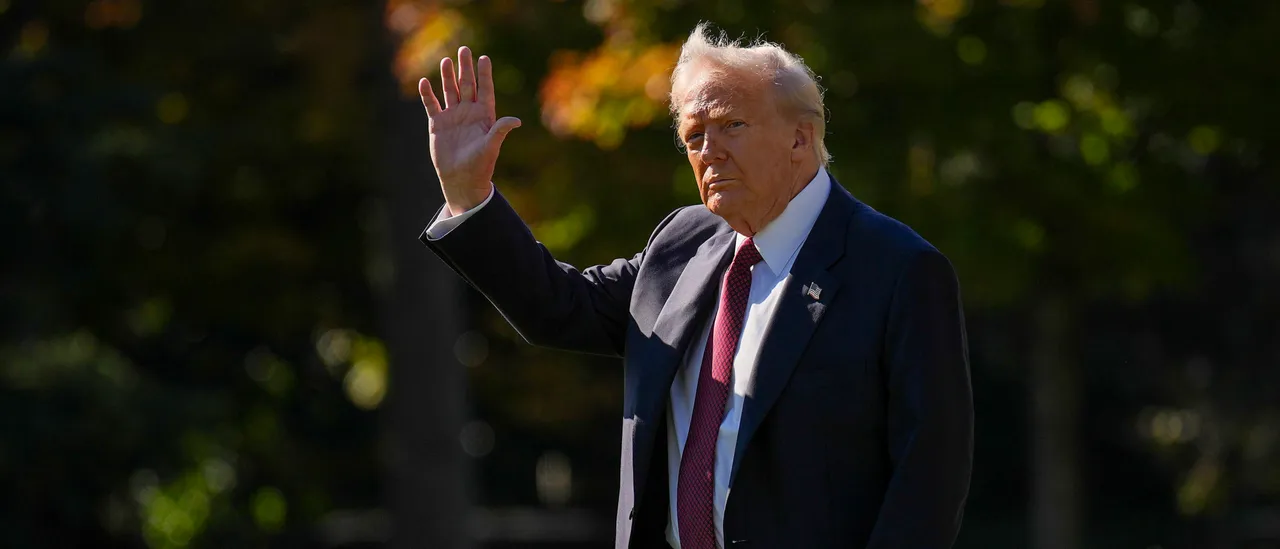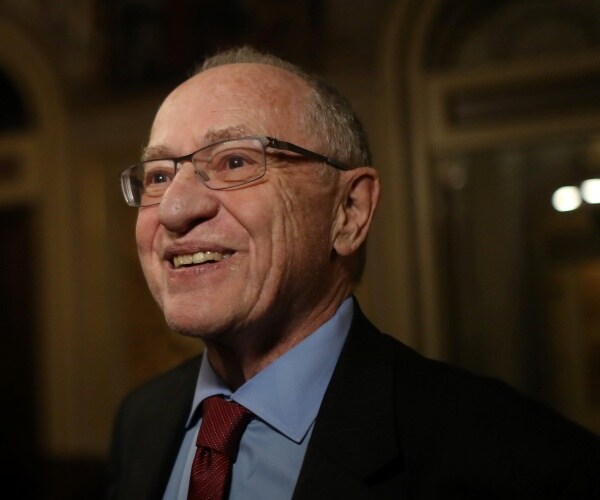President Donald Trump withdrew his nomination of Donald Korb for IRS Chief Counsel on Friday, after concerns surfaced about Korb’s history of donating to Democrats. Trump made the announcement in a direct, unmistakable Truth Social post: “Please be advised that I am withdrawing the nomination of Donald Korb… Thank you for your attention to this matter!”
Republicans had already raised red flags about Korb’s political giving, including several thousand dollars in donations to former Rhode Island Gov. Gina Raimondo between 2013 and 2019. Raimondo later became Biden’s Commerce Secretary and played a central role in a 2020 coalition of progressive groups aiming to defeat Trump in key battleground states. As secretary, she pushed aggressive spending priorities and even hosted the department’s first “Equity Town Hall.”
Not exactly the résumé conservatives want connected to anyone overseeing the IRS.
Korb, a former IRS Chief Counsel from 2004 to 2008, went on to lead Sullivan & Cromwell’s Tax Controversy Practice. The firm — no surprise here — has donated nearly $2.7 million to Democrats, making it the third-largest Democratic donor among U.S. law firms.
Earlier in his career, Korb served within the IRS as an attorney advisor and later as assistant to the commissioner, helping implement the Tax Reform Act of 1986. He has donated to some Republicans too, including Ron DeSantis, Mitch McConnell, and Susan Collins. But for many conservatives, his connections to Raimondo and his work under the George W. Bush administration raised doubts about whether he would truly help depoliticize or reform the IRS — an agency desperately in need of it.
Korb appeared before the Senate Finance Committee in October, where Democrat Sen. Sheldon Whitehouse joined the panel’s Republican majority in advancing his nomination to the full Senate.
With the nomination now withdrawn, Trump made it clear he is not interested in placing anyone near the IRS who carries political baggage from the very institutions and figures conservatives have battled for years. A clean break — and a clean slate — as the administration continues pushing for an IRS that works for Americans, not political operatives.


